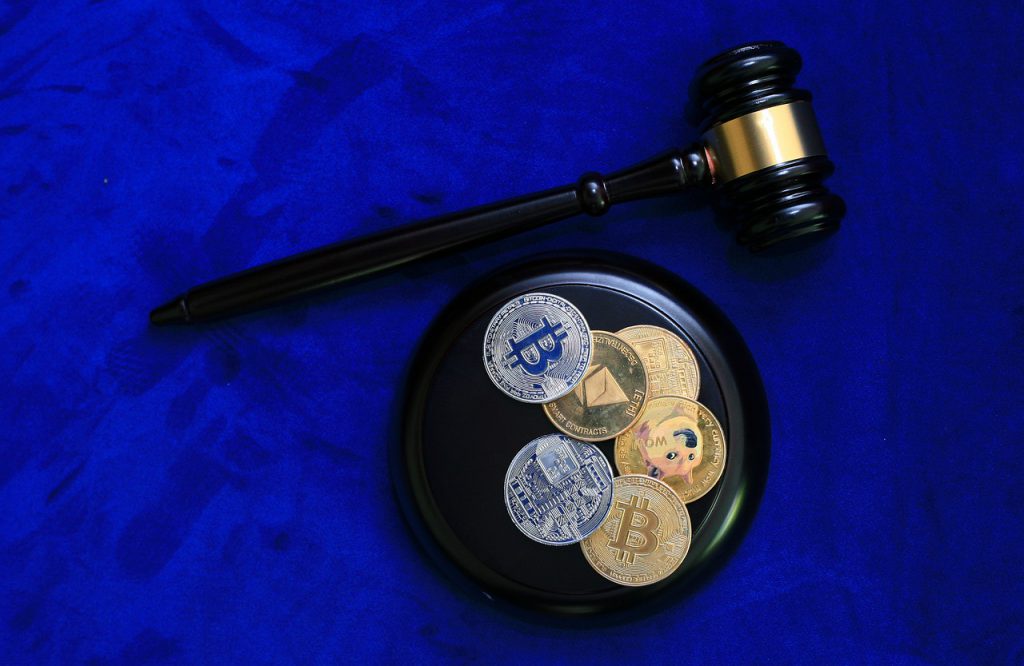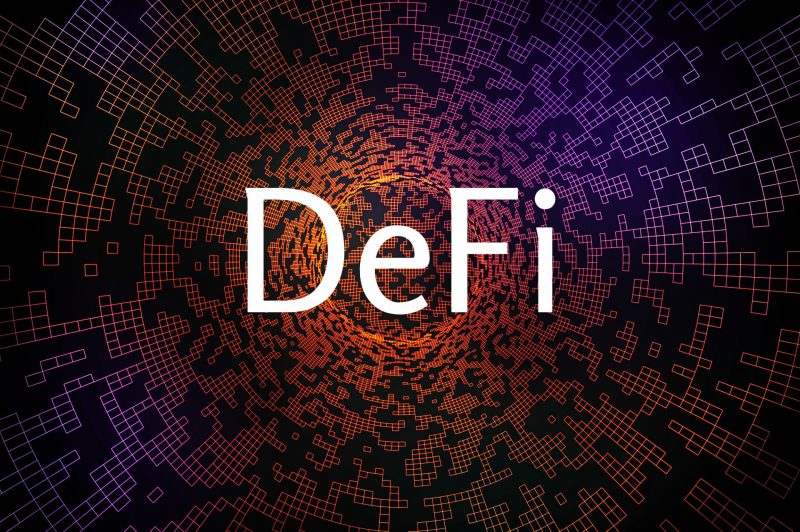The double-digit rates that define Decentralized Finance (DeFi) appeal to regular investors and institutions looking for a better alternative to bonds, shares, and the pitiful return on savings accounts.
As Blockworks reported earlier this year, firms have roughly $4 trillion in cash on hand. The majority of it is sitting in savings accounts earning around 0% interest. Corporations want to change this, and many treasurers are keeping a watch on the yields that DeFi savings protocols like Compound and Celsius payout.
At Blockworks’ recent DAS London event, Panelists explored the investment case for DeFi , and what’s standing in the way.
Additionally, Institutions want access to the yields, according to Finality’s Senior Commercial and Regulatory Advisor, Angus Fletcher. For the time being, the space is growing. Institutions are considering how to provide services in the space, he said.
However, it is not an easy task.
Regulatory Issues


According to Richard Muirhead, a managing partner at VC firm Fabric, the regulatory process is “monumentally flawed”. He also adds that there is a significant deal of ambiguity and worries about what is truly allowed.
“It’s a nightmare talking to lawyers, regulators in different jurisdictions, because essentially there is no truth out there,” he said.
According to Muirhead, regulators are afraid, that the expansion of AI and blockchain will jeopardize geopolitical security.
According to Fnality’s Fletcher, authorities are generally aware of what’s going on but are concerned that it could be the start of a bubble. Fletcher went on to remark that some authorities believe this might improve the market materially. They simply don’t want it to turn into the next derivatives bubble.
“They are absolutely petrified that this will end up like the derivatives bubble, and they will have no one to blame,”
he said, pointing to their treatment of stable coins as an example.
But What is DeFi?
Decentralized finance, or DeFi, is a rapidly expanding segment of the bitcoin business. DeFi creates decentralized financial instruments independent from traditional centralized institutions. It creates them similar to how cryptocurrency coins create a decentralized store of value separate from any government-backed fiat currency.
DeFi has experienced remarkable growth since 2020, despite its tiny size in comparison to the global economy. In early 2019, the DeFi economy has only $275 million in crypto collateral. By February 2020, the figure had risen to $1 billion. It continued to rise steadily throughout the year, reaching $2.5 billion in July, and $4 billion on July 25.
All of this is happening as crypto begins to establish a lobbying machine in Washington, D.C. Fidelity, Square, and Coinbase are forming the Crypto Council for Innovation to “show the transformational promise of crypto,” according to the Washington Post.
However, according to the Post, not much has happened in the seven months since the organization’s inception, as the group has been tied down in Washingtonian-style bureaucracy. An industry that was based on lightning-fast transactions now has to contend with a sluggish behemoth. Until then, there will be regulatory ambiguity.





